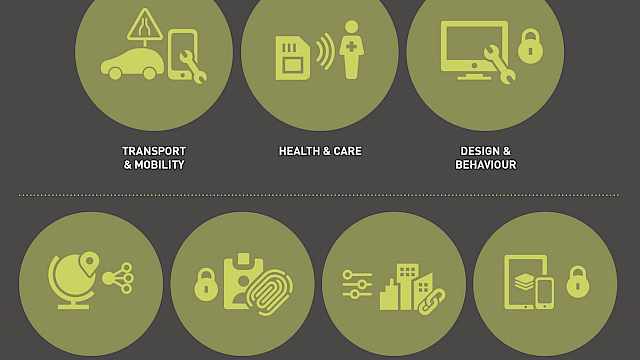The US government's High-Value Detainee Interrogation Group uses science-based, ethical, and rights-respecting methods of interrogation. The authors of this article, Christian Meissner and Susan Brandon, have been responsible for coordinating an unclassified interrogation research programme that puts these evidence-based techniques at the heart of training and practice.
While interrogators have successfully collected criminal evidence and human intelligence for decades, the methods used have at times brought about the collection of false confessions and misleading intelligence information. In fact, a 2006 Intelligence Science Board study concluded that the US government’s interrogation practices were largely devoid of any scientific validity. To address this issue, the Obama administration established the High-Value Detainee Interrogation Group (HIG) in 2010. In addition to its operational mandate, the HIG was tasked with creating an unclassified program of research to evaluate best practices in lawful interrogation.
Since that time, researchers from the US, Europe, Australia, and elsewhere have been working to identify and test the most effective means of acquiring intelligence and gaining cooperation from interviewees. The resulting research has produced studies ranging from laboratory experiments to interviews and surveys of interrogation professionals, to systematic analyses of actual criminal and counter-terrorism interrogations.
With more than a hundred publications stemming from the first five years of the research programme, and additional new research projects underway in 2016/17, a parallel training programme is enabling practitioners in law enforcement, the Defense Intelligence Agency, the FBI, and the CIA, to work directly with researchers to embed their findings and best practices into day-to-day operations.
The science of interrogation
The emerging science of interrogation relies on a variety of disciplines and fields of study for its theoretical and scientific foundation (from criminal to clinical interviewing), many of which have offered a foundation of research to build upon.
In fact, research on interviewing and interrogation in the criminal justice system has been steadily accumulating since the 1960s, providing data on topics such as effective and ineffective elicitation methods, the conditions under which victim, witness and suspect memories are most vulnerable, valid cues to deception, and factors that lead individuals to confess to crimes that they did or did not commit.
During the same period, a scientific understanding of principles leading to successful negotiation and social influence (persuasion and resistance) also began to emerge.
Together, these and other research areas provide a foundation from which the HIG began to support research aimed at developing a more effective, ethical, and science-based model of interviewing and interrogation.
Building models of information-gathering
The science developed by the worldwide team of researchers over the past six years consistently reveals that rapport-based, information-gathering techniques produce the most accurate and comprehensive information.
Those that have been identified as fundamental to effective and ethical interrogations are described in a report to the US Government, due for publication in early 2017, that focuses on using rapport-based methods for developing cooperation and countering resistance, applying the most effective methods for eliciting valid information from memory and facilitating assessments of credibility with strategic interview methods.
Based on empirical data, these researchers propose a good practice model of interrogation as a dynamic process in which interrogators must engage in 'sensemaking', in which they continually evaluate the cooperation and resistance offered by a subject. The interrogator must develop and sustain rapport by allowing the subject a sense of autonomy, showing acceptance, adaptation and empathy, and drawing out the subject’s beliefs, motivations, and concerns.
Influence strategies and 'priming' are also likely to be important for improving cooperation and furthering rapport. When the subject is willing to talk and engage on a topic identified by the interrogator, the information collection method must build on what is known about the processes of memory, social dynamics and communication – using methods such as the Cognitive Interview, Observing Rapport-based Interpersonal Techniques, and the Scharff Technique.
The information that is elicited – both about past events and intentions for future actions – should be consistently checked for validity, using cognitive-based cues rather than anxiety-based cues.
Rapport-based, information-gathering techniques produce the most accurate and comprehensive information
By integrating operations with research and introducing science-based methods into formal training programmes, the HIG is advancing the science and practice of interrogation, helping the intelligence community to better evaluate what makes a good interviewer, to consider new approaches to gaining information from criminals and terror suspects, and to use evidence-based methods to detect deception.
Read more
- Read more about findings from the HIG-commissioned research at www.interrogationscience.org
Copyright Information
As part of CREST’s commitment to open access research, this text is available under a Creative Commons BY-NC-SA 4.0 licence. Please refer to our Copyright page for full details.







